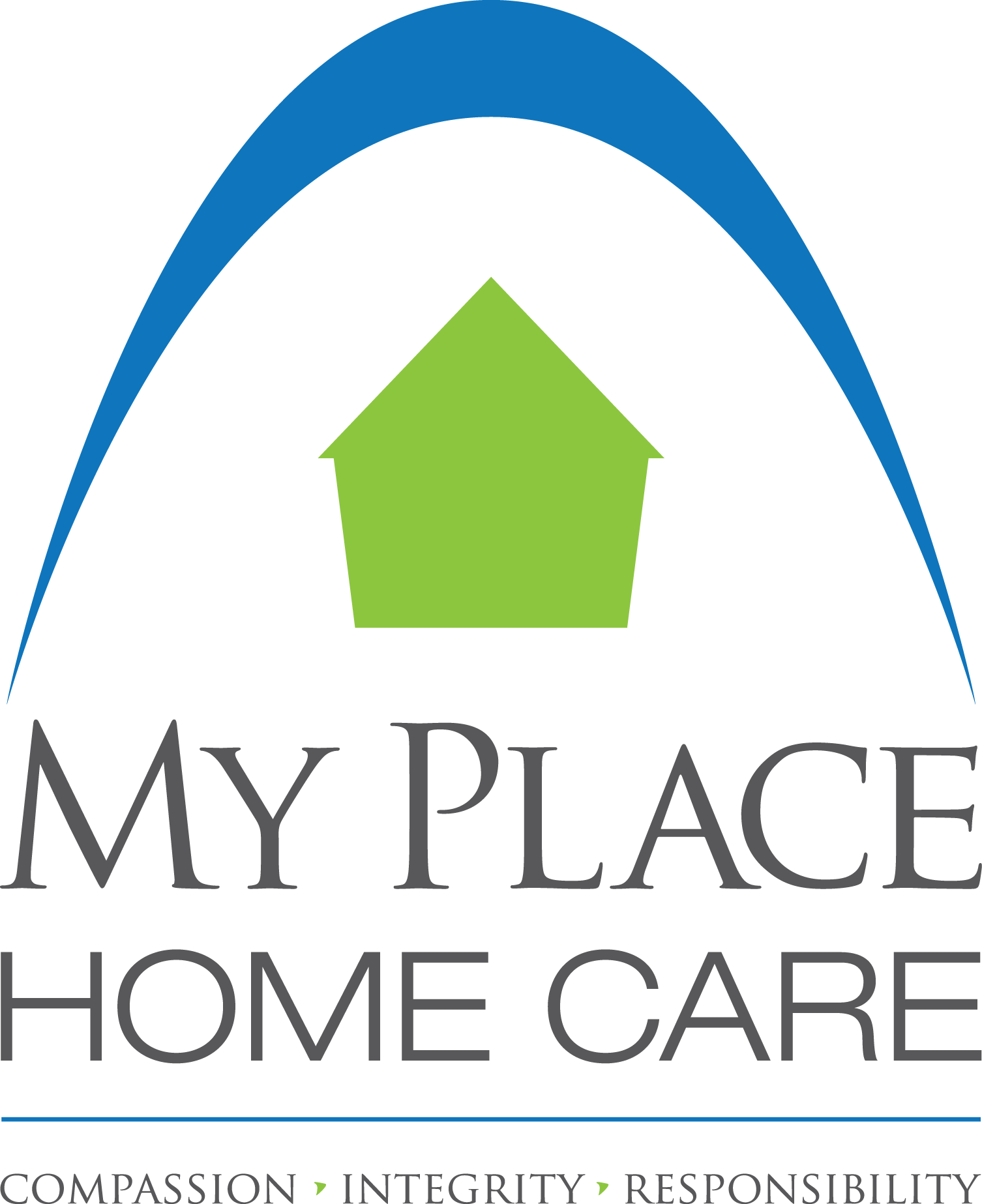TIPS FOR SELF-ADVOCACY IN THE CANADIAN HEALTHCARE SYSTEM
Self-advocacy in the Canadian healthcare system is key to ensuring you receive the care and services you need, especially in a complex, often overwhelmed system. Here are practical tips to help you effectively advocate for yourself or a loved one within the healthcare system: Be Informed About Your Health The first and perhaps most important tip for everyone to know is be informed about your own health. Keep an up to date...
NAVIGATING LIFE WITH ARTHRITIS: PRACTICAL TIPS FOR EFFECTIVE MANAGEMENT
Arthritis, a condition characterized by joint inflammation, affects millions of people around the world. Whether you’re dealing with osteoarthritis, rheumatoid arthritis, or another form, managing arthritis involves a comprehensive approach that combines lifestyle changes, medical treatments, and self-care strategies. Here’s a guide to help you navigate life with arthritis and improve your quality of life. Embrace an Active Lifestyle One of the most effective ways to manage arthritis is to stay active....
HOW TO MAKE YOUR HOME MORE ACCESSIBLE
Making a home more accessible is essential for individuals with mobility challenges, disabilities, or those who want to age in place. Accessible homes promote safety, independence, and comfort. Here are some effective ways to enhance home accessibility: 1. Entrance and Exit Modifications Installing ramps to the doorways of the home to accommodate wheelchairs, walkers and individuals with limited mobility can make all the difference. Typically outdoor entrances/exits will have a height difference...
THE DIFFERENCE BETWEEN HOME CARE AND MEDICAL CARE
Home care and medical care are two distinct types of services that cater to different needs, particularly for older adults or individuals with chronic conditions. Understanding the difference between these services can help individuals and families make informed decisions about the type of care that best suits their needs. Home Care Definition: Home care refers to non-medical services provided in an individual's home to assist with daily living activities. These services are...
TIPS FOR SUCCESSFULLY AGING IN PLACE
Aging in place refers to the ability of older adults to live in their own homes and communities safely, independently, and comfortably, regardless of age, income, or ability level. This lifestyle choice is increasingly popular, as it allows seniors to maintain their independence and enjoy familiar surroundings. Here are some essential tips for successfully aging in place: 1. Home Modifications for Safety and Accessibility Enhance Mobility and Access: Install Ramps and Handrails:...
Emotional and Social Benefits of Home Care
Homecare provides numerous emotional and social benefits, significantly enhancing the quality of life for seniors and those with chronic illnesses or disabilities. Here are some emotional and social benefits as well as tips for maximizing the benefits: Emotional Benefits of Homecare With an increase of seniors leaning towards aging in place, home care provides increased comfort and familiarity. Receiving care in a familiar environment helps reduce anxiety and stress, fostering a sense...
What does the future hold for home care?
The future of home care in Canada is shaped by various factors, including demographic shifts, technological advancements, policy changes, and evolving healthcare needs. Some key trends and developments that are likely to influence the home care sector in Canada: Aging Population Canada's population is aging rapidly, with a significant increase in the number of seniors. By 2030, it is projected that one in four Canadians will be over the age of 65....
WHAT COSTS TO EXPECT IN RETIREMENT
Costs associated with retirement living In the last blog related to retirement planning, the amount of money needed to retire was discussed as well as different sources of income retired Canadians could receive. In this blog, we will examine what costs retirees can expect to pay. These expenses can be monthly, quarterly or annually. Some of these costs are for necessities such as housing, daily living expenses, insurance, healthcare expenses and...
Summer Safety Tips For Independent Living Seniors While Indoors
In a previous blog, we discussed some safety tips for when you are outdoors during the summer month, here we are presenting you with some indoor safety tips to ensure you are better prepared to tackle the hot days of summer. Keep it cool! During hot days, it is strongly recommended that seniors stay in an air-conditioned environment and try to limit their time outdoors. If your home does not have air...










